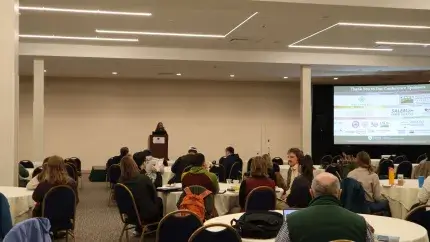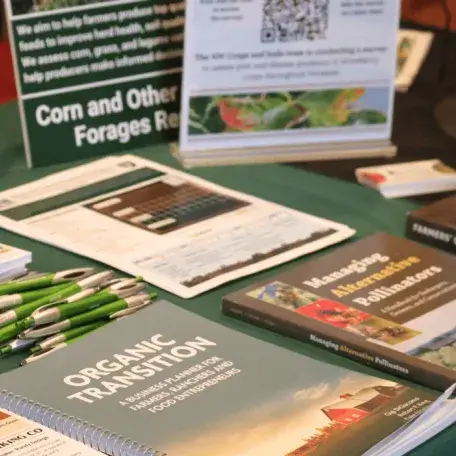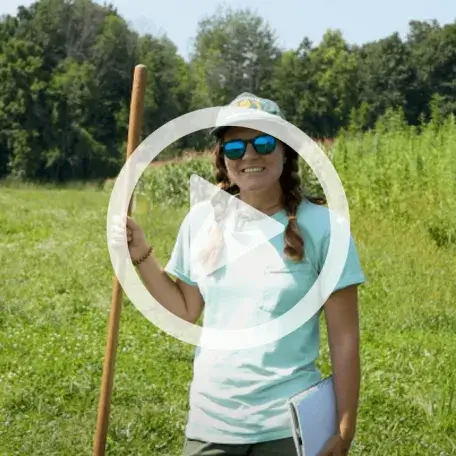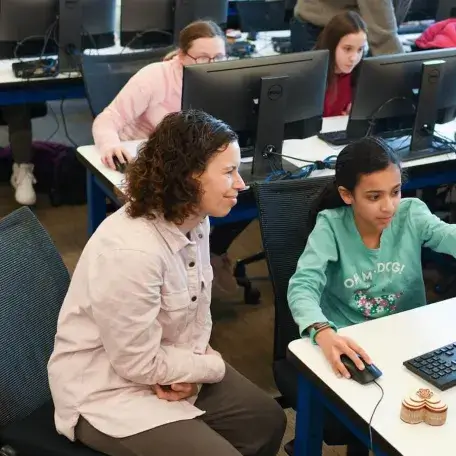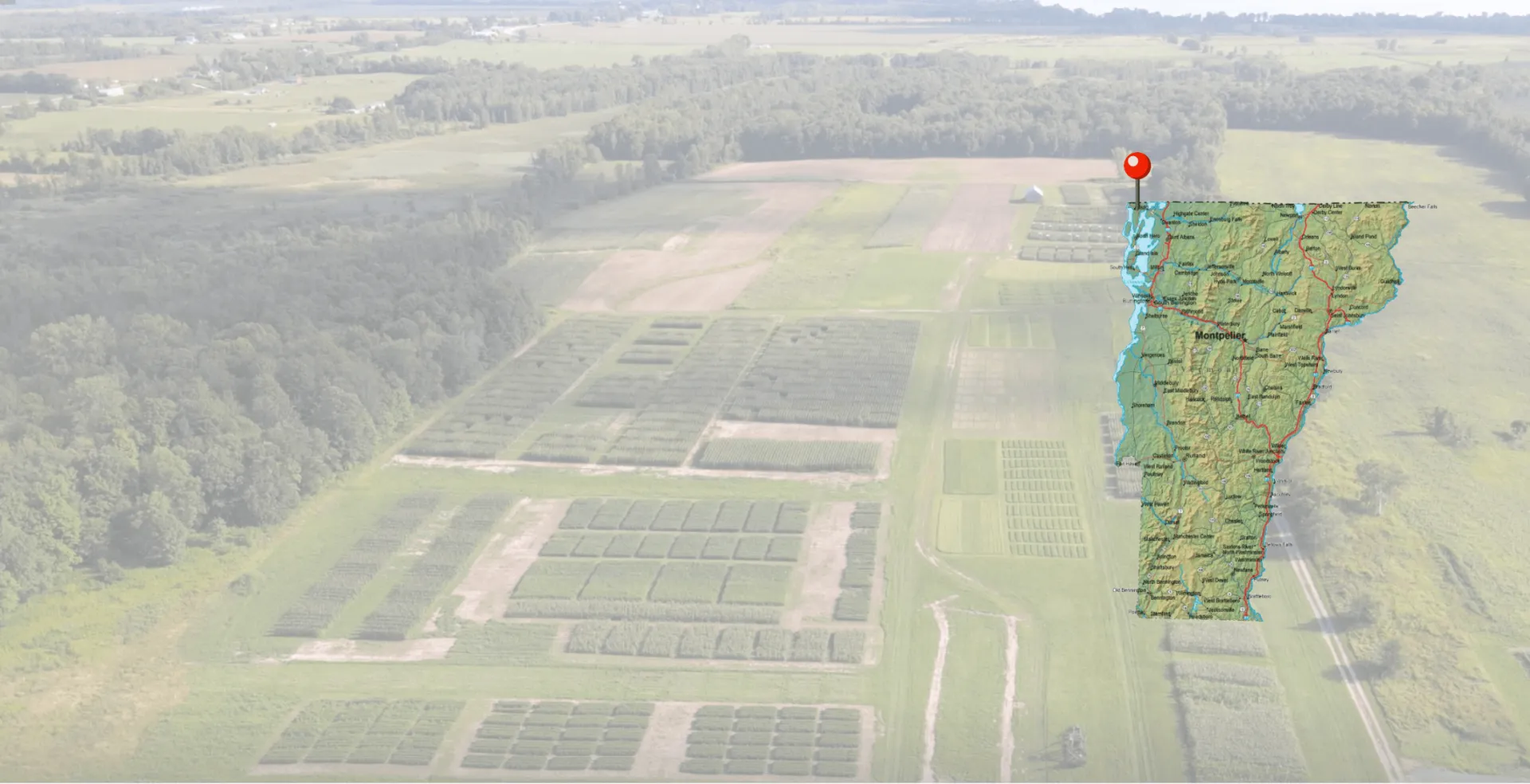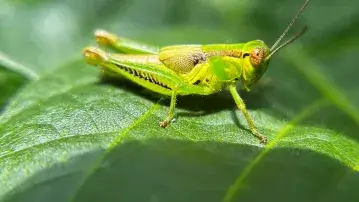In-Season News
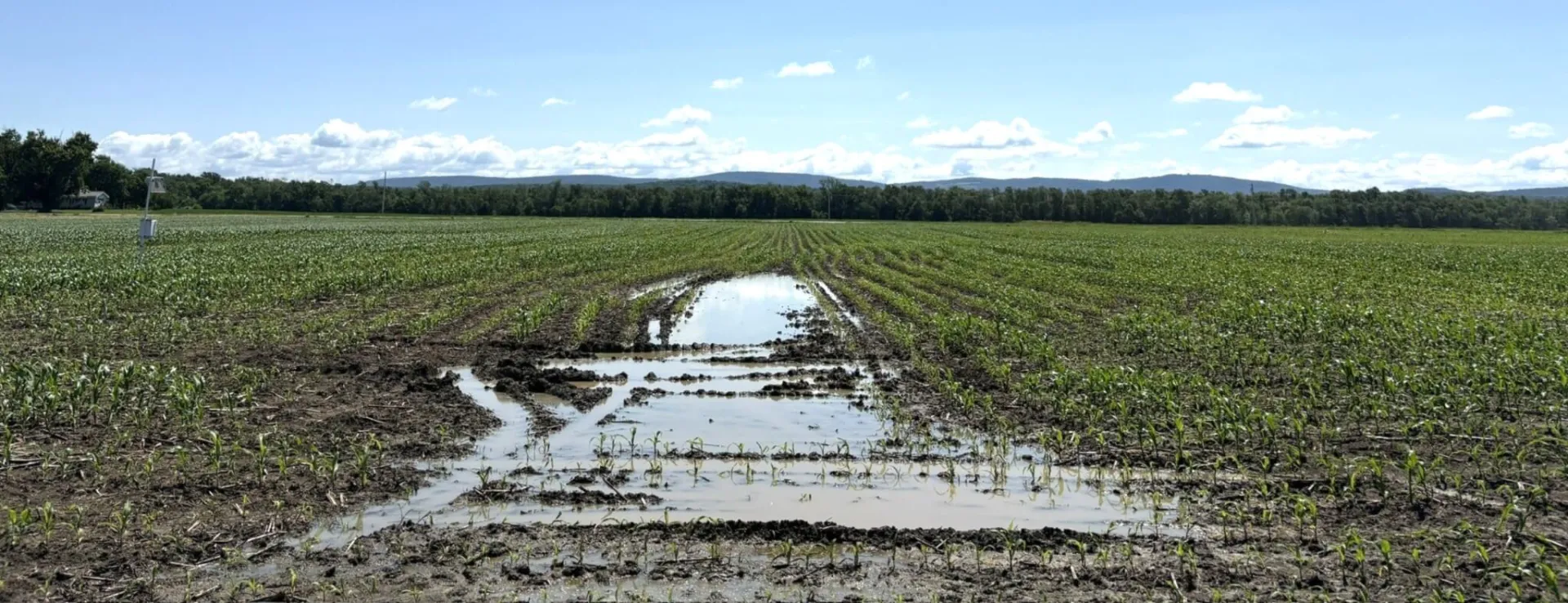
Can Tile Drainage and Best Management Practices Improve Water Quality and Crop Yields in the Lake Champlain Basin?
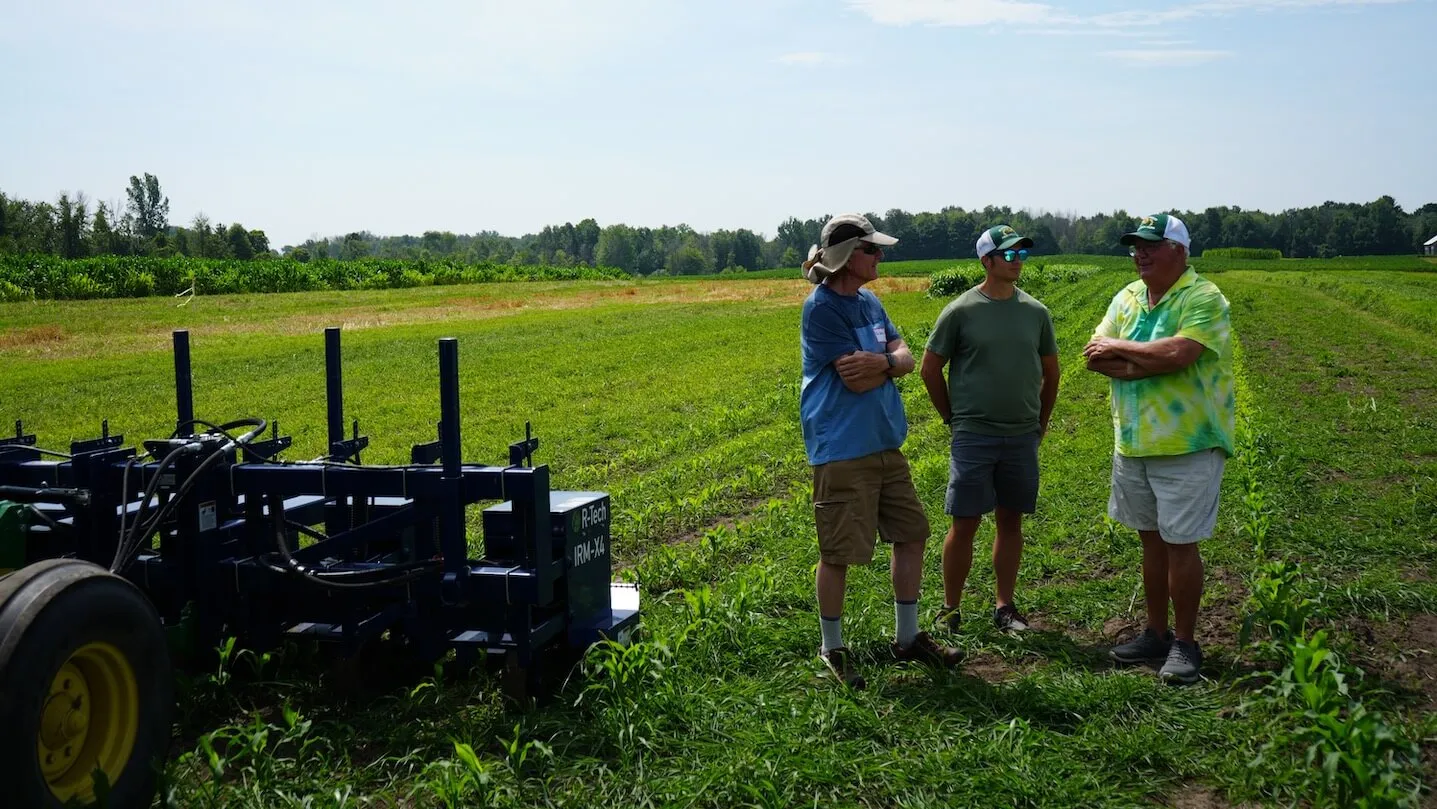
Amid Extreme Weather, 2026 No-Till & Cover Crop Conference To Offer Farmers Tools For Resilience
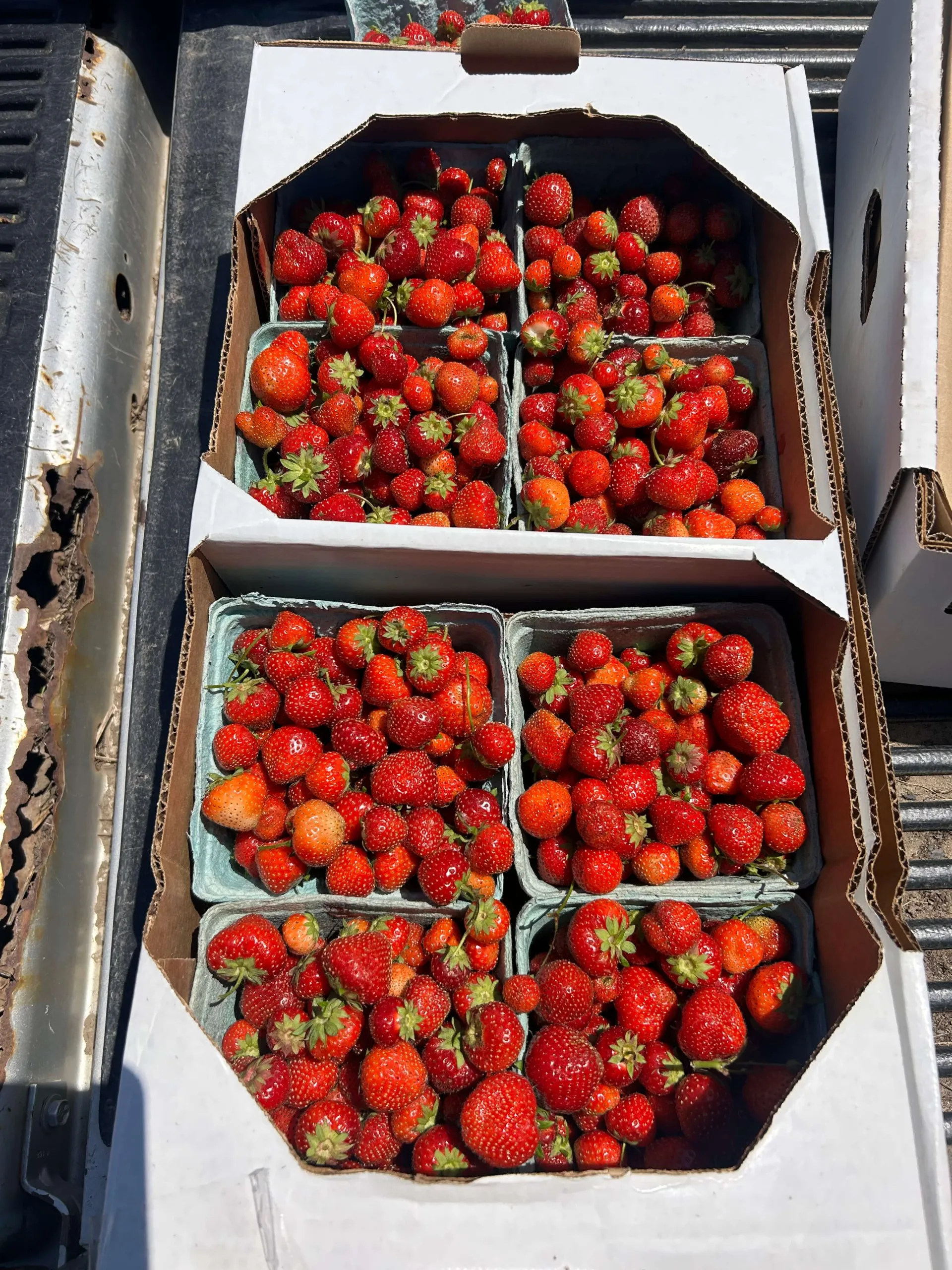
Summarized Results of the 2025 On-farm Strawberry Pest and Disease Survey

Insights from the 2025 UVM Soybean Variety Trial
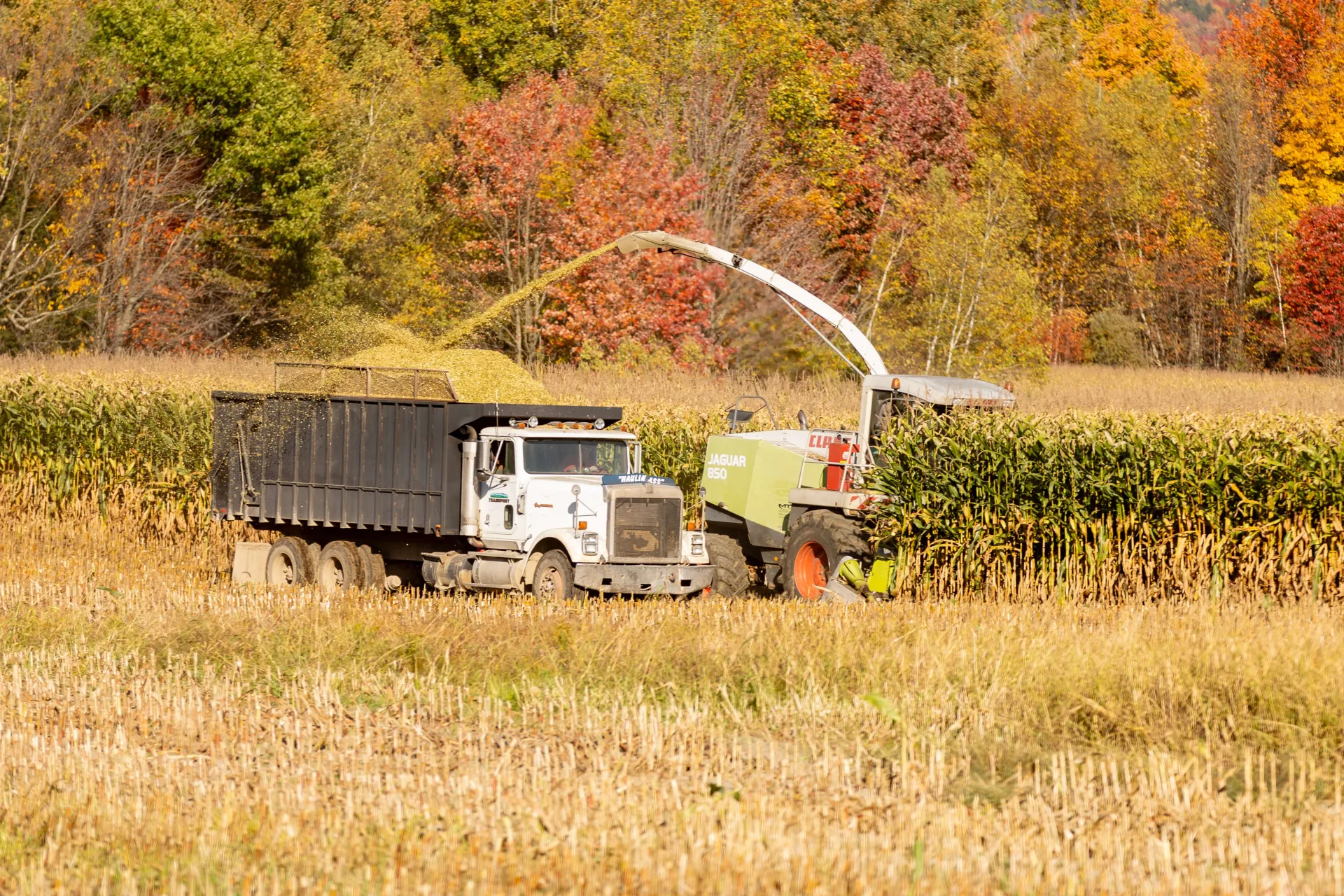
Choosing the Right Corn Silage Hybrid for Your Operation: 2025 Trial Results Are In
Explore Our Resources
Blog Posts
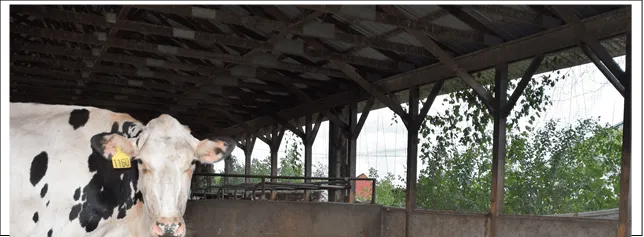
Tri-State Dairy Exchange Team Explores On-Farm Assessments and Audits in November Webinar
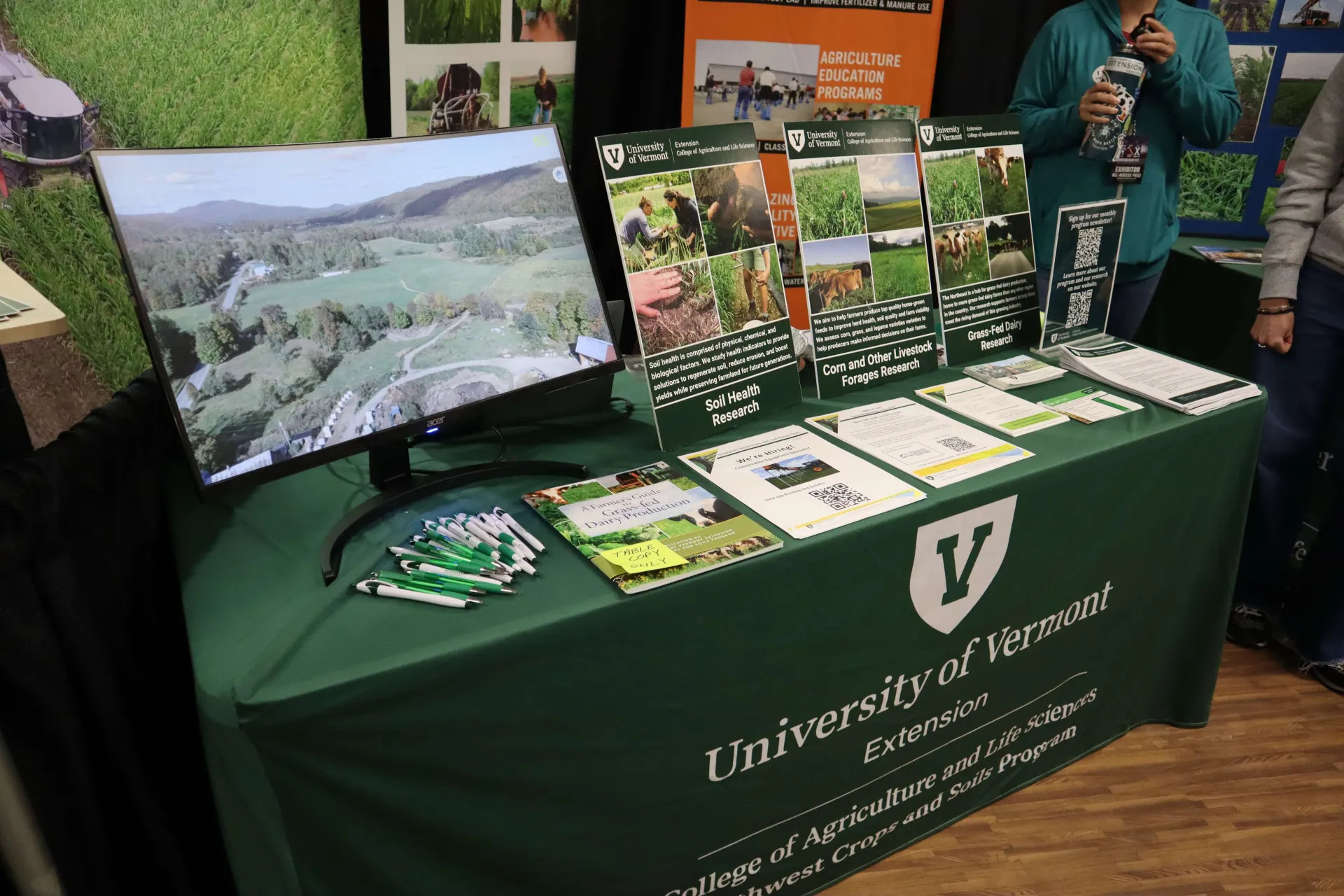
UVM Extension Attends the First Annual American Dairy Xpo
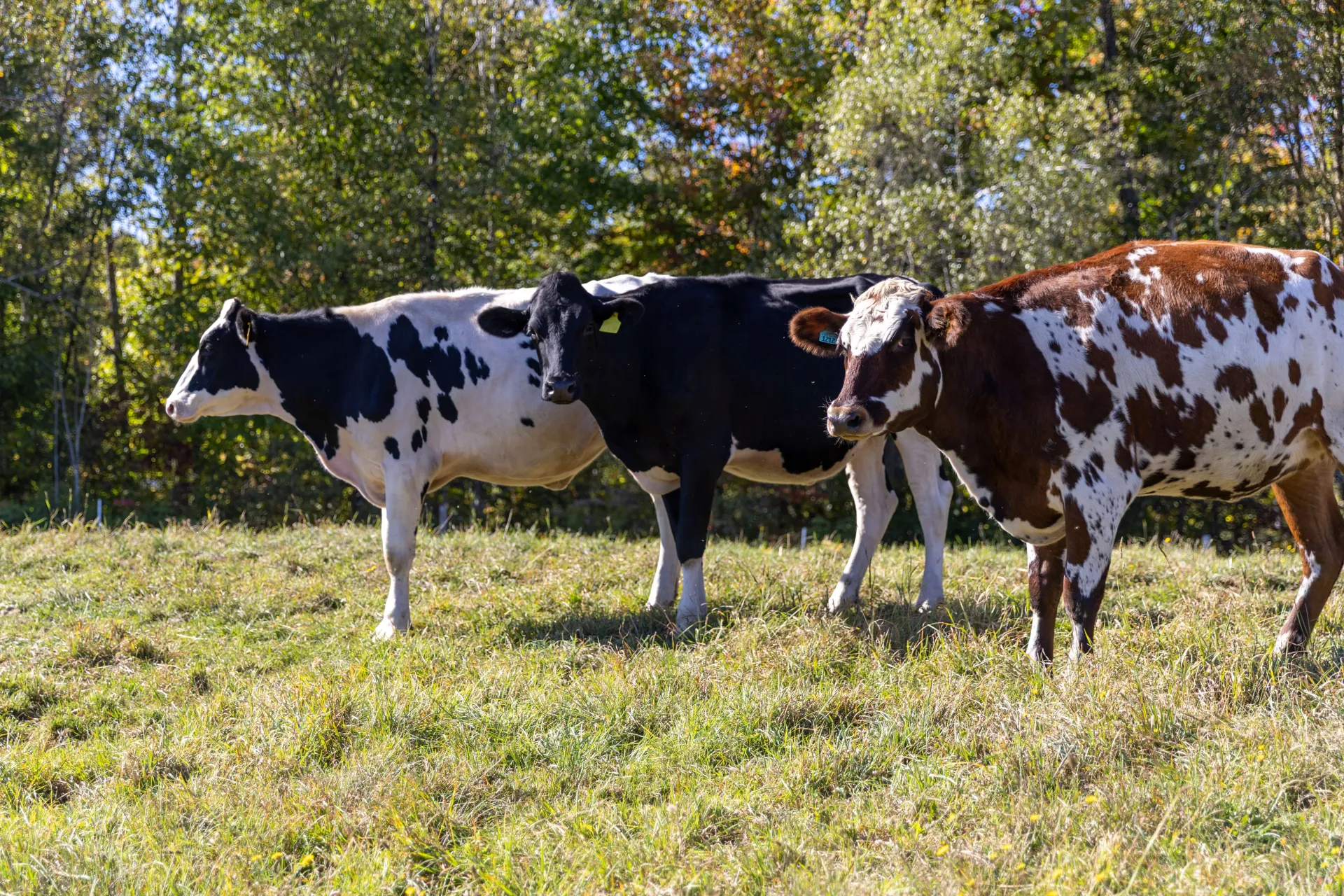
Milk Quality Matters: Lessons from Dr. Paul Virkler and the Tri-State Dairy Exchange Team
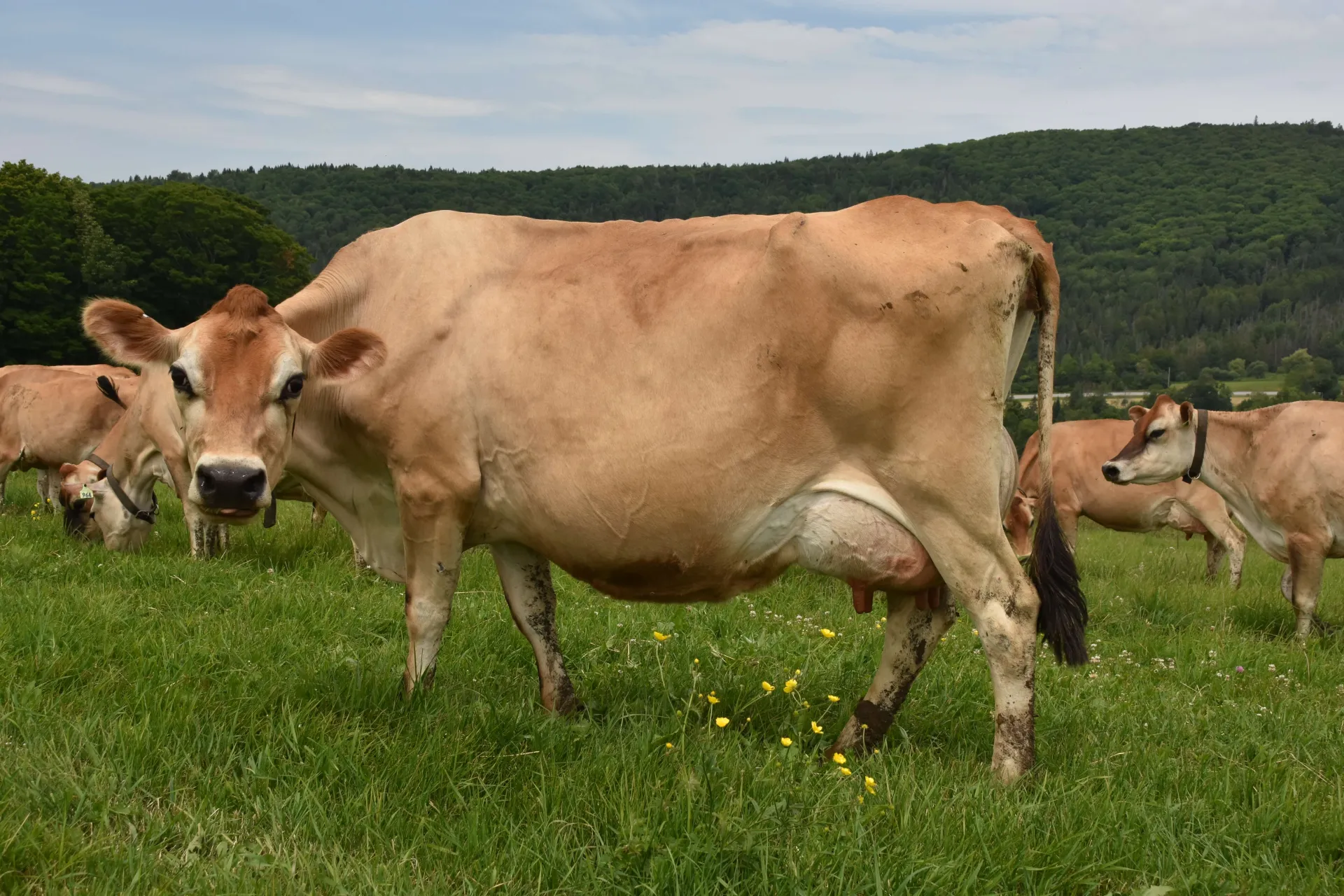
Healthier Herds: Tips from the Tri-State Dairy Exchange Team to Improve Heifer and Calf Management

Insights from the 2025 UVM Soybean Variety Trial
Remembering Jack Lazor
Among the many gifts Jack gave to us and the world was cultivation. Cultivation of plants and animals to provide nutritious foods. Cultivation of knowledge through his teaching at UVM and beyond. And, perhaps most importantly, cultivation of relationships — bringing together people throughout the food system to find a common path to sustainability. Jack’s work to help found the Northern Grain Growers Association is an example of this cultivation. Bringing together not only farmers but bakers, millers, and buyers that he met through his business and travels — all with the common goal of feeding people healthy foods while healing the earth.
Through the Northern Grain Growers Collaborative, there is a donation opportunity to the Northern Flint Corn Consortium in honor of Jack.
Questions?
Email us at cropsoil@uvm.edu or call our office at 802-524-6501 or 802-656-7610.
